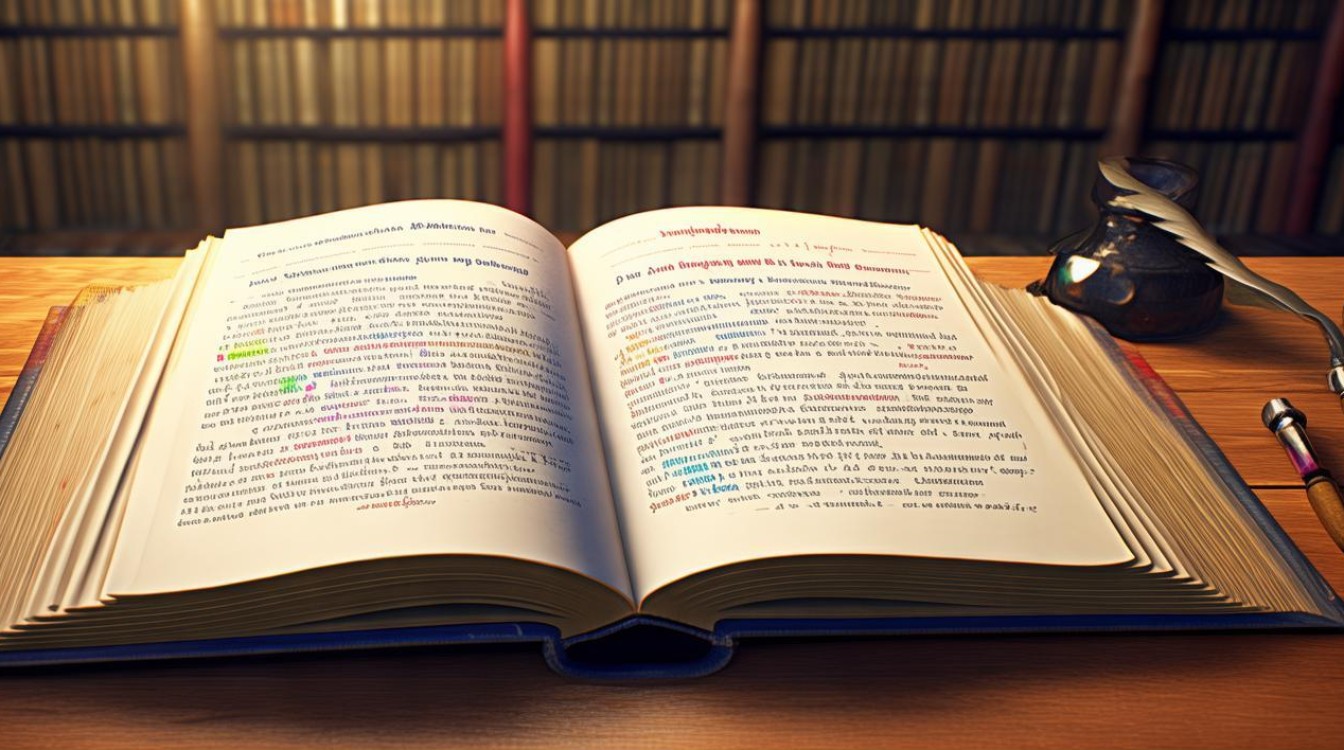口语中常用的连接词
在英语口语中,连接词(Linking Words)扮演着至关重要的角色,它们帮助句子更流畅、逻辑更清晰,使表达更自然,无论是日常交流、商务谈判,还是学术讨论,恰当使用连接词都能让口语水平显著提升,本文将介绍口语中最常用的连接词,并结合最新数据与权威研究,帮助读者掌握这些关键表达方式。

为什么连接词如此重要?
根据剑桥大学英语考评部(Cambridge Assessment English)2023年的研究,英语学习者在使用连接词时,往往存在两个主要问题:一是过度依赖简单连接词(如“and”“but”),二是忽略不同语境下的正确搭配,该研究指出,掌握多样化的连接词能提高口语流利度20%以上,并在国际英语测试(如雅思、托福)中显著提升分数。
口语中最常用的连接词分类
连接词可按功能分为以下几类:
表示添加信息(Adding Information)
这类连接词用于补充观点或列举事实,常见的有:
- and(和)
- also(也)
- furthermore(
- in addition(
- moreover(
例句:
- “I enjoy hiking, and I also love swimming.”
- “The project is cost-effective. Moreover, it’s environmentally friendly.”
表示对比或转折(Contrast)
用于表达相反或不同的观点:
- but(
- however(
- on the other hand(
- although(尽管)
- nevertheless(尽管如此)
例句:
- “She wanted to go out, but it was raining heavily.”
- “The plan sounds good. However, we need more data to proceed.”
表示原因与结果(Cause & Effect)
用于解释原因或说明结果:
- because(因为)
- since(由于)
- as a result(
- therefore(
- thus(因而)
例句:
- “He missed the train because he overslept.”
- “The company cut costs, therefore profits increased.”
表示顺序或时间(Sequence & Time)
用于描述事件发生的顺序:
- first, second, third(第一、第二、第三)
- then(
- next(
- finally(
- meanwhile(
例句:
- “First, we need to analyze the data. Then, we can make a decision.”
- “She was studying, meanwhile her brother was playing video games.”
表示举例(Giving Examples)
用于提供具体案例:
- for example(
- for instance(
- such as(诸如)
- like(像)
例句:
- “Many countries, such as Japan and Germany, rely on renewable energy.”
- “You can try different exercises, for example, running or yoga.”
最新数据:连接词在口语考试中的使用频率
根据ETS(美国教育考试服务中心)2024年发布的托福口语评分标准分析,高分考生在口语表达中使用的连接词数量是低分考生的2.5倍,下表展示了不同分数段考生使用连接词的频率对比:
| 托福口语分数段 | 平均连接词使用次数(每100词) | 最常用连接词 |
|---|---|---|
| 25-30分(高级) | 12-15次 | however, therefore, moreover |
| 20-24分(中高级) | 8-11次 | but, because, for example |
| 15-19分(中级) | 5-7次 | and, then, so |
| 10-14分(初级) | 2-4次 | and, but |
数据来源:ETS官方报告《2024年托福口语表现分析》
如何有效练习连接词?
- 听力模仿:收听英语播客(如BBC 6 Minute English)并记录主持人使用的连接词。
- 口语复述:在复述故事或新闻时,刻意加入不同的连接词。
- 写作转口语:将书面文章改写为口语对话,替换更自然的连接词。
- 实时反馈工具:利用Grammarly或ELSA Speak等AI工具检测连接词使用是否恰当。
常见错误与纠正
许多学习者容易混淆某些连接词的用法,
- ❌ “Although it was raining, but we went out.”
✅ “Although it was raining, we went out.”(“although”和“but”不能连用) - ❌ “I like fruits, for example apples, bananas, and oranges.”
✅ “I like fruits such as apples, bananas, and oranges.”(“for example”通常接完整例子,而非列举)
个人观点
英语口语的提升离不开连接词的灵活运用,但切忌机械堆砌,真正的流利在于自然衔接,而非生硬插入,建议学习者从高频词入手,逐步扩展,最终形成自己的表达风格。










